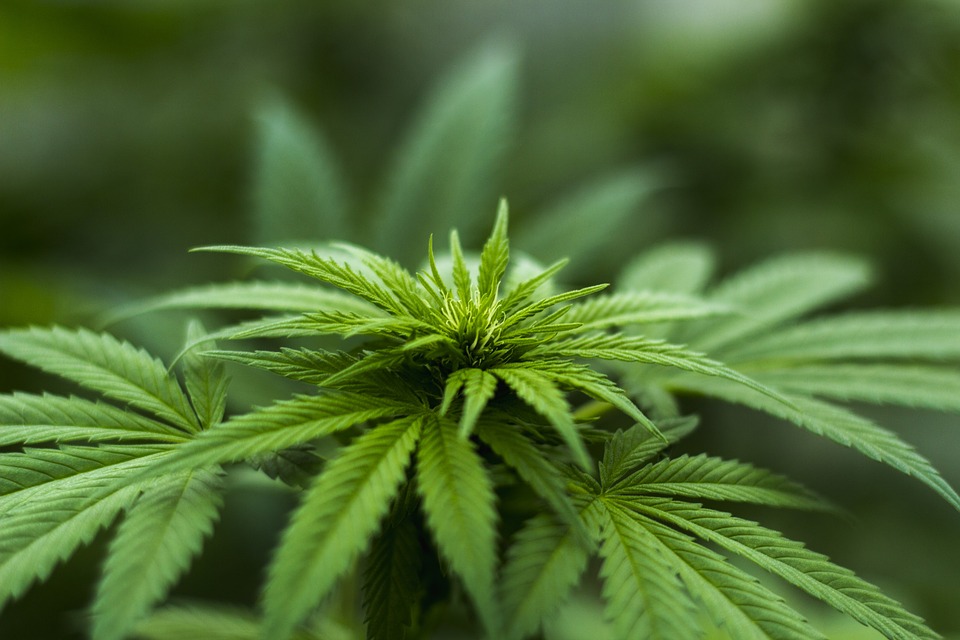You are here
Home 🌿 Marijuana Business News 🌿 Up in smoke? The impact cannabis dispensaries have on property values is far from settled 🌿Up in smoke? The impact cannabis dispensaries have on property values is far from settled

Proximity to cannabis dispensaries is often seen as a positive, but recent research from Vancouver suggests otherwise
Housing values are influenced by their proximity to desirable or undesirable land uses. For example, lakefront properties command a premium while those facing a noisy highway sell for a discount. However, proximity to cannabis dispensaries has proven to be a riddle, with conflicting evidence suggesting positive, negative or no impact at all on housing values.
One study in 2017 found a positive impact on dwelling values near cannabis stores in Denver, with residences selling for eight per cent more than comparable properties located farther away. Another study from Colorado reached a similar conclusion when researchers compared dwelling prices in municipalities that enabled retail cannabis sales with those that didn’t.One limitation of such studies is that they are often focused on Colorado, where consumer preferences might be distinct from other places.
But a recent study published in Real Estate Economics looked at the association between home values and proximity to cannabis dispensaries in Vancouver. Justin Tyndall, an assistant professor at the University of Hawai’i at Manoa, found that dwellings within 100 metres of a dispensary in Vancouver sold for 3.8 per cent less than comparable properties located farther away.
The contrasting findings raise several interesting questions. Are cannabis dispensaries considered a desirable amenity in Denver, but not in Vancouver? Or is the difference in legal contexts regarding the recreational use of cannabis the reason behind the difference in findings?
To clear the smoke surrounding the conflicting results, let’s dive into the Vancouver study a bit further.
Canada decriminalized the recreational use of cannabis in 2018. Previously, though, some municipalities, such as Vancouver, were laxer than others at enforcing the law. Vancouver in June 2015 even changed its bylaws to regulate retail cannabis establishments.
The Vancouver study was based on residential sales from 2005 to 2015, when the recreational use of cannabis was not officially sanctioned. The location of dispensaries could have been influenced by their precarious and uncertain legal status, pushing them to low-income or less desirable neighbourhoods.
By comparison, recreational use of cannabis in Colorado had been permitted since December 2012, and retail sales were sanctioned in January 2014. The Denver study mentioned above looked at home sales both before and after legalization.
Tyndall studied residential sales near 82 dispensaries in Vancouver. He only considered properties that transacted more than once during the study period. The repeat sales approach allows one to control for unobserved changes that could have taken place in a dwelling over time.
During the study period, 62,498 sales were recorded for 27,091 properties, of which 20,147 dwellings were transacted twice and 5,753 houses sold three times. More than 60 per cent of the dwellings were in condominiums. About 0.37 per cent of the dwellings were located within 100 metres of a cannabis dispensary and 1.11 per cent were within 200 metres.
The study deployed advanced statistical tools to control for factors that might influence the price of a dwelling, including property attributes, an indicator for significant renovations, neighbourhood and street-level impacts and their evolution over time.
The study found that the negative impact of proximity to a cannabis dispensary was confined only to properties within 100 metres of a dispensary. Such dwellings had a median price of $490,481 and would have experienced a reduction of $18,266. Residences within 150 metres, 200 metres or more did not report a negative association.
The debate on what impact cannabis dispensaries have on property values is far from settled. The Vancouver study was performed during a period when recreational cannabis use was not legal in either Vancouver or Canada. Hence, proximity to an establishment operating illegally might not be deemed a desirable attribute.
Cannabis sales have been growing in Canada since its legalization in 2018. However, the growing acceptance of its recreational use does not necessarily imply that users would pay more to live near the dispensaries.
420 Intel is Your Source for Marijuana News
420 Intel Canada is your leading news source for the Canadian cannabis industry. Get the latest updates on Canadian cannabis stocks and developments on how Canada continues to be a major player in the worldwide recreational and medical cannabis industry.
420 Intel Canada is the Canadian Industry news outlet that will keep you updated on how these Canadian developments in recreational and medical marijuana will impact the country and the world. Our commitment is to bring you the most important cannabis news stories from across Canada every day of the week.
Marijuana industry news is a constant endeavor with new developments each day. For marijuana news across the True North, 420 Intel Canada promises to bring you quality, Canadian, cannabis industry news.
You can get 420 Intel news delivered directly to your inbox by signing up for our daily marijuana news, ensuring you’re always kept up to date on the ever-changing cannabis industry. To stay even better informed about marijuana legalization news follow us on Twitter, Facebook and LinkedIn.




